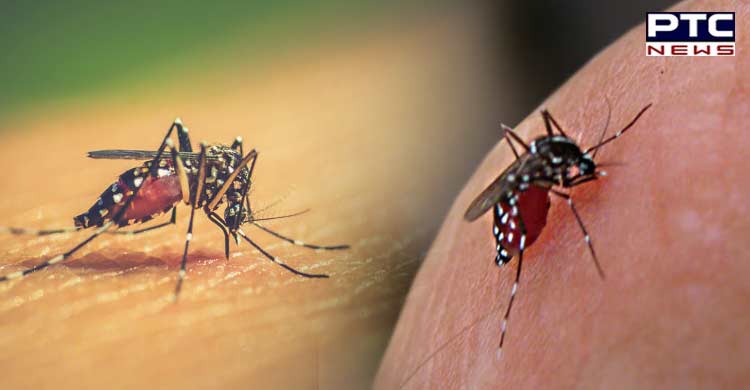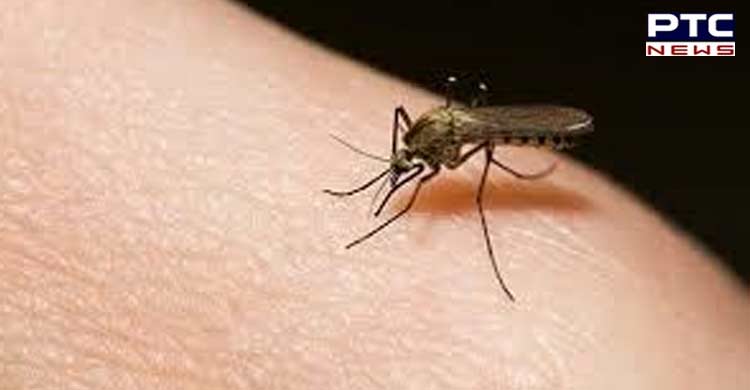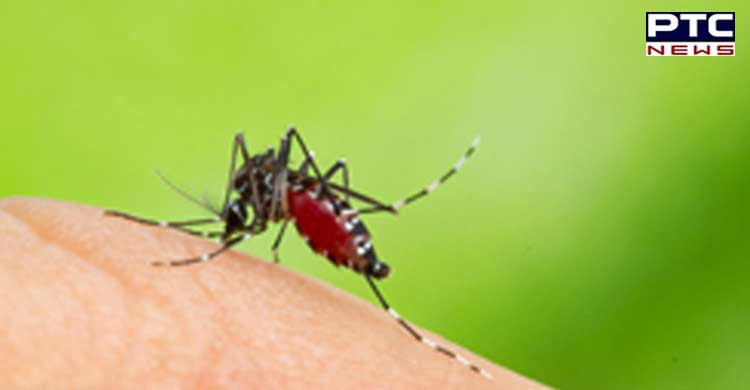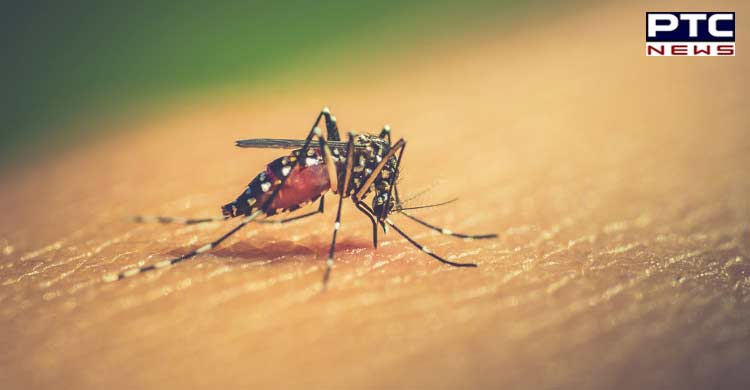

Next pandemic may be triggered by Zika, dengue, warns WHO
Geneva, April 2: With Covid-19 cases now subsiding at many places, the World Health Organisation (WHO) has warned that the next pandemic could be triggered by insect-borne pathogens, including Zika and dengue.
 Arthropod-Borne viruses (Arboviruses) such as dengue, yellow fever, chikungunya and zika viruses are all current public health threats in tropical and sub-tropical areas where approximately 3.9 billion people live. The frequency and magnitude of outbreaks of these arboviruses, particularly those transmitted by Aedes mosquitoes, are increasing globally.
Arthropod-Borne viruses (Arboviruses) such as dengue, yellow fever, chikungunya and zika viruses are all current public health threats in tropical and sub-tropical areas where approximately 3.9 billion people live. The frequency and magnitude of outbreaks of these arboviruses, particularly those transmitted by Aedes mosquitoes, are increasing globally.
 Also read | India Covid update: 1,260 fresh cases in last 24 hours
According to the WHO, dengue fever infects 390 million people in 130 countries annually where it is endemic, while Zika virus that caused an outbreak in 2016 when it was found to cause birth defects such as microencephaly. It has been detected in at least 89 countries.
Yellow fever poses a high risk of outbreaks in 40 countries and causes jaundice and severe haemorrhagic fever and death, as dengue. Chikungunya, though less known, is present in 115 countries and causes severe and joint-disabling arthritis.
The WHO said signs are mounting that the risk these diseases pose "is increasing".
Also read | Half of all older adults now die with dementia, says study
Also read | India Covid update: 1,260 fresh cases in last 24 hours
According to the WHO, dengue fever infects 390 million people in 130 countries annually where it is endemic, while Zika virus that caused an outbreak in 2016 when it was found to cause birth defects such as microencephaly. It has been detected in at least 89 countries.
Yellow fever poses a high risk of outbreaks in 40 countries and causes jaundice and severe haemorrhagic fever and death, as dengue. Chikungunya, though less known, is present in 115 countries and causes severe and joint-disabling arthritis.
The WHO said signs are mounting that the risk these diseases pose "is increasing".
Also read | Half of all older adults now die with dementia, says study
 Experts are scrambling to develop strategies to stop the next outbreak escalating into a catastrophe. "We have been through two years of Covid-19 pandemic and we have learned the hard way what it costs not to be prepared for high impact events," Dr Sylvie Briand, director of the global infectious hazard preparedness team at the WHO.
"There is an urgent need to re-evaluate the tools at hand and how these can be used across diseases to ensure efficient response, evidence-based practice, equipped and trained personnel and engagement of communities," said Dr Mike Ryan, head of the World Health Organisation's Emergency Programme.
Experts are scrambling to develop strategies to stop the next outbreak escalating into a catastrophe. "We have been through two years of Covid-19 pandemic and we have learned the hard way what it costs not to be prepared for high impact events," Dr Sylvie Briand, director of the global infectious hazard preparedness team at the WHO.
"There is an urgent need to re-evaluate the tools at hand and how these can be used across diseases to ensure efficient response, evidence-based practice, equipped and trained personnel and engagement of communities," said Dr Mike Ryan, head of the World Health Organisation's Emergency Programme.
 — With inputs from social media
— With inputs from social media
